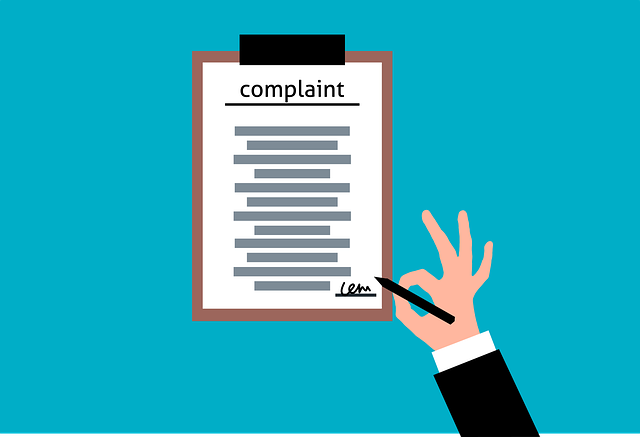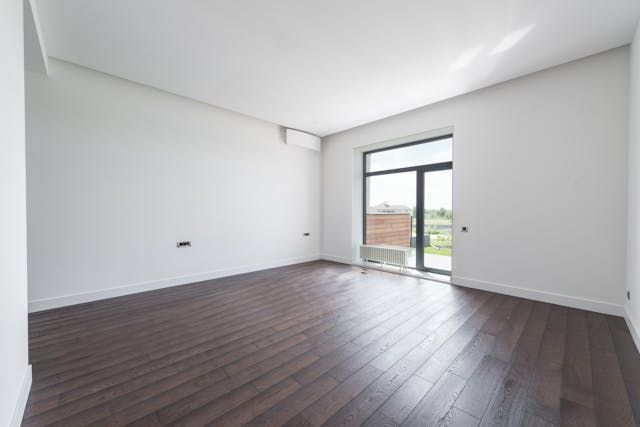How To Handle Noise Complaints About Tenants?

Everyone has the right to enjoy their home in peace. As the owner of multiple rental units, you may receive noise complaints about a tenant from other tenants or neighbors. Common complaints are about stomping on floor by tenant at upper level, loud music, TV sound, pet noise, etc.
Few suggestions on how to approach and resolve such complaints are mentioned below:
- Accept and Act: If a neighbor comes with a noise complaint, it is important to reassure the aggrieved party that you understand the issue and will take it up with the tenant. Determine whether the complaint is about typical everyday living noise or something more serious, and act accordingly.
- Corroborate the Claims: Investigate the matter to know whether the facts stated in the complaint are true. After getting details from the complainant about the noise, ask other neighbors whether they have the same issue. Talk to the tenant about the issue to know what they say about it. Before taking action, look into the issue and determine the cause of problem.
- Discuss with tenant: If the rental agreement includes a noise clause, you can simply remind the tenant responsible for creating noise about the same. Emphasize that a breach of contract may require the noise source to be removed. Resolve the matter in a polite manner and also allow the tenant/s an opportunity to explain their side.
- Involve a Mediator: If the matter cannot be resolved amicably despite your best efforts, you may have to consider getting in touch with a mediator. Consider hiring a property management company to handle such cases.
- Lease restrictions: Property Owner can add clauses to lease agreement which put in place certain restrictions. E.g., “No loud music after 10 pm” or “Limit the number of pets allowed in a household.”
- Consider Eviction in Extreme Cases: In case of repeated breaches of the noise clause or repeated noise complaints; property owner may decide to evict the tenant. Proceed with sending tenant a noise complaint letter comprising of a clear explanation of the problem. Keep in mind that there are specific local and state laws regarding the amount of time a tenant should be given before eviction.
Noise complaints against tenants can be avoided if a clause of the same is included in the rental agreement that explains expectations from the tenants regarding what they can do or not. It is recommended to engage services of a property management company when drafting a lease agreement to ensure such clauses are added to the agreement. Furthermore, hiring a property management company allows owners to avoid dealing with tenant complaints. The property management company can handle such issues.
Hunter Rentals and Sales help owners manage rental properties in Fort Hood areas of Killeen, Harker Heights, Copperas Cove, and Belton, TX. To know more about managing noise complaints, tenant grievances, and property management services provided by Hunter Rentals & Sales, call (254) 634 - 3311







